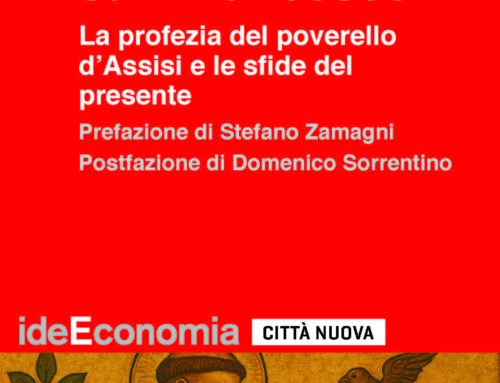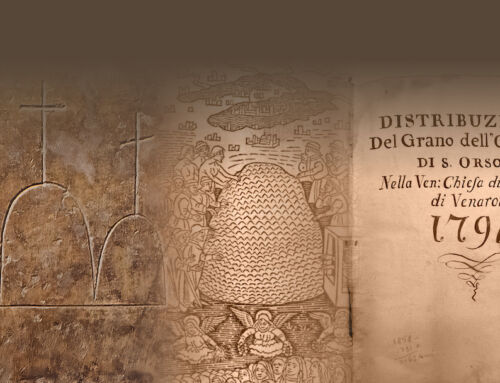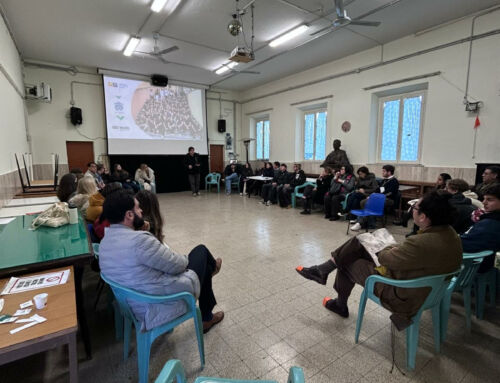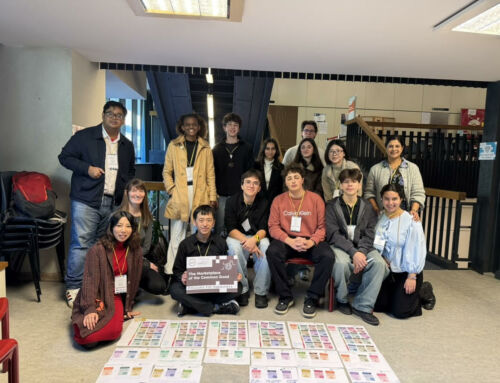The Economics of Biodiversity
Partha Dasgupta meets EoF Community
(ENGLISH TEXT ONLY)
“Our economies, livelihoods and wellbeing ultimately depend on nature, and its biodiversity. And so economics is in need of biodiversity in that the discipline must understand the natural world and how it supports economic activity and prosperity”.
Sir Partha Dasgupta, Frank Ramsey Professor Emeritus of Economics at the University of Cambridge, will be the sixth keynote guest speaker at the Economy of Francesco School.
In preparation for this lesson, here comes a special dialogue with the Economics of Biodiversity Review team also exploring the synergies between the Dasgupta Review and the main pillars of the Economy of Francesco.
Sir Partha Dasgupta, Frank Ramsey Professor Emeritus of Economics at the University of Cambridge, will be the sixth keynote guest speaker at the Economy of Francesco School. We want to know him and his work with the help of his Review team.
Thank you for your invitation! The economics of biodiversity is a long-standing issue of interest and importance for Professor Dasgupta. He was commissioned to write a Review on the Economics of Biodiversity by HM Treasury – the UK’s economic and finance ministry – in 2019, but his interest and research on this spans over 40 years. We are very pleased that the Economy of Francesco School has taken an interest in the Review.
Professor Dasgupta’s work is well-known inside and outside academia. After the Dasgupta review, the range of his ideas is increasing its resonance. We are firstly intrigued by the title: The Economics of Biodiversity. Is Economics in need of biodiversity today? Why?
The Review shows that our economies, livelihoods and wellbeing ultimately depend on nature, and its biodiversity. And so economics is in need of biodiversity in that the discipline must understand the natural world and how it supports economic activity and prosperity. However, as the Review explains, that is currently not the case, since standard models of economic development have viewed humanity as external to Nature. In starting from the simple truth that our economy is embedded within Nature, the Economics of Biodiversity forces us to recognise the limits Nature places on the economy and, in so doing, reshapes our understanding of sustainable economic development and growth.
The Dasgupta Review touches upon many questions, from economic to educational ones. In your view, what are the most urgent to address? to what level (civil society, government, international institutions)?
The Review sets out three broad and interconnected transitions, under which sit a wide range of options for change. There are no one-size-fits-all solutions, and decisions on what to prioritise necessarily falls to decision-makers themselves. Nor is there any one institution or group responsible for delivering those solutions. All levels of society – from communities, to businesses, to governments, to international organisations – are responsible. Ultimately though, the Review highlights the importance of empowering citizens to make informed choices, and demand the change that is needed. That’s because we cannot create institutions that observe and verify that we engage with sustainable engagement with Nature in all cases. We must in many instances be our own judge and jury, and take responsibility for our own actions. It is for that reason that the Review places an emphasis on the importance of education, including from the earliest age, to understand the workings of Nature, and how we depend on and affect it.
Partha Dasgupta will meet the Economy of Francesco community. The Economy of Francesco is built on three pillars: 1) Pope Francis and his social, ecological, and economic teachings; 2) St. Francis of Assisi, his idea of poverty and care for nature; 3) the over 2000 young economists, entrepreneurs, and change-makers who are working to change some worrisome aspects of the current economic system. What do you think can be the synergies between the Dasgupta Review and the three pillars of the Economy of Francesco?
Grounded in a deep understanding of ecosystem processes and how they are affected by economic activity, the Review explores the sustainability of humanity’s engagements with Nature. The Review finds that a fundamental change in how we think about and apply economics is urgently needed if we are to reverse biodiversity loss and enhance our prosperity. Moreover, as natural capital forms the bulk of wealth in low income countries, and those on low incomes tend to rely more directly on Nature, conserving and restoring our natural assets also contributes to alleviating poverty. These are some of the ways in which the Review’s conclusions seem to align with the three pillars of the Economy of Francesco.
Thanks to the Economics of Biodiversity Review team for the time you have dedicated to the Economy of Francesco and for your important work. We hope to meet you soon for further chances of dialogue.
—
Here is the link to the Headline Messages and the page with the translations:
The Economics of Biodiversity: The Dasgupta Review – Headline Messages
The Economics of Biodiversity: The Dasgupta Review – Headline Messages translations
CLICK HERE BELOW AND WATCH THE SESSION:










